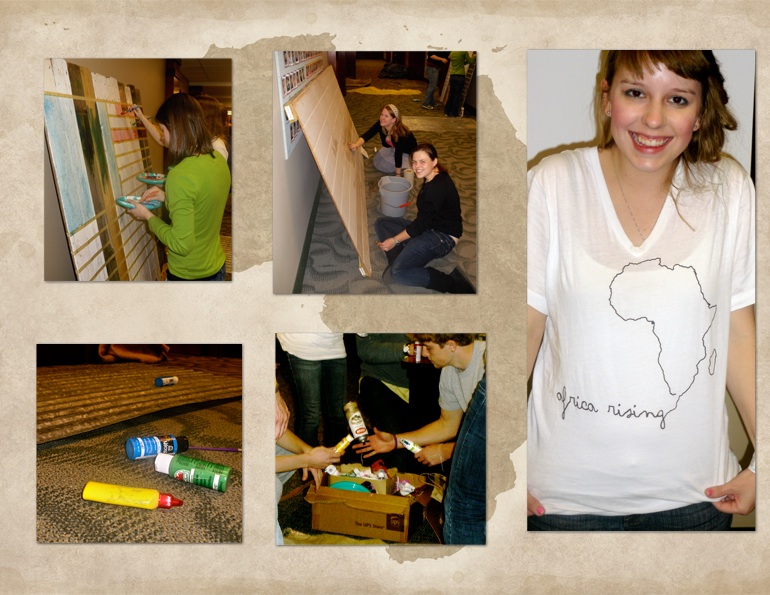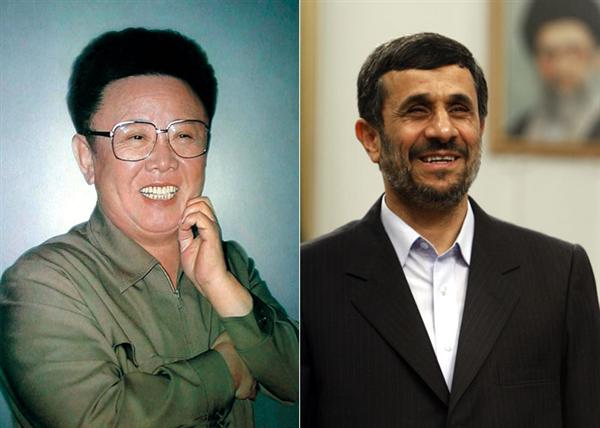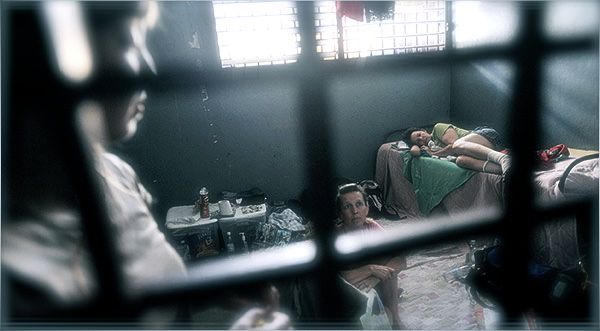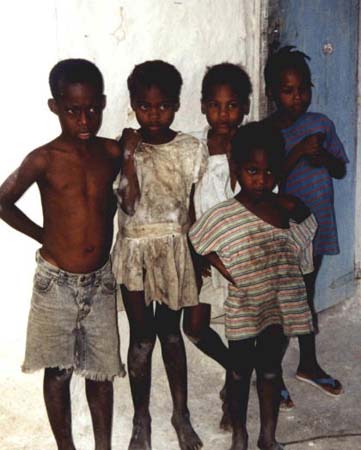When most people think of philanthropies they imagine the Gates Foundation and other well-known philanthropic organizations. What many do not know is that philanthropies at the local level carry just as much importance and provide helpful aid and assistance. Here at Furman University, we have the organization Africa Rising. Africa Rising, which started in the Fall of 2006 seeks to raise awareness surrounding the history, culture, current issues and current events going on in Africa. Every year Africa Rising works on different projects which promote an understanding of the issues surrounding African countries to the Furman campus and greater Greenville area through projects such as:
- fundraising campaigns
- education campaigns
- Cultural Life Programs.
Specific events have included, the concert, “Band aid for Africa” and the massive undertaking, “Cargo of Dreams” where last year, Furman students converted a cargo container into a fully functioning school in South Africa complete with a bathroom, kitchen, and two classrooms. After its completion Furman students on the South African study abroad trip had the opportunity to see the classroom in action and fully active, which made all of their hard work more worthwhile, due to seeing its benefits. Currently they are working on Reconciliation Week which will be taking place March 15-19 and will be the focus of my next post. During Reconciliation Week there will be a fence set up with interactive groups showing what reconciliation looks like in African countries, and also what it looks like in the US and in your own life. Small steps such as these on a local level will lead to a more connected and global world.



 It’s very touching to see how the United States, especially the world of athletics, has come together to give hope to the people of Haiti. Professional athletes are digging deep into their own pockets to push and push the relief efforts. It gives us sports fans something extra to admire and be proud of.
It’s very touching to see how the United States, especially the world of athletics, has come together to give hope to the people of Haiti. Professional athletes are digging deep into their own pockets to push and push the relief efforts. It gives us sports fans something extra to admire and be proud of. 






 Wal-Mart
Wal-Mart